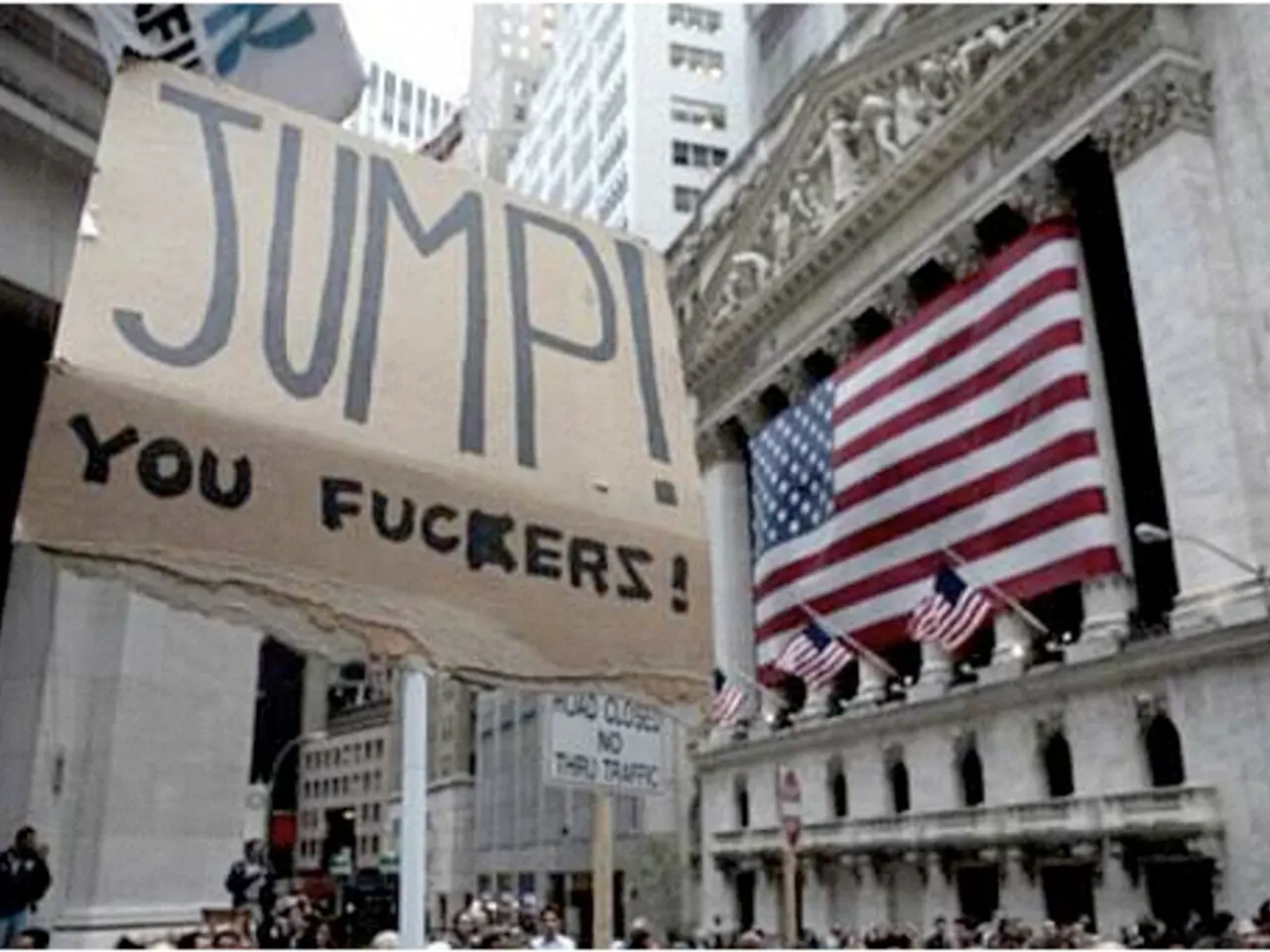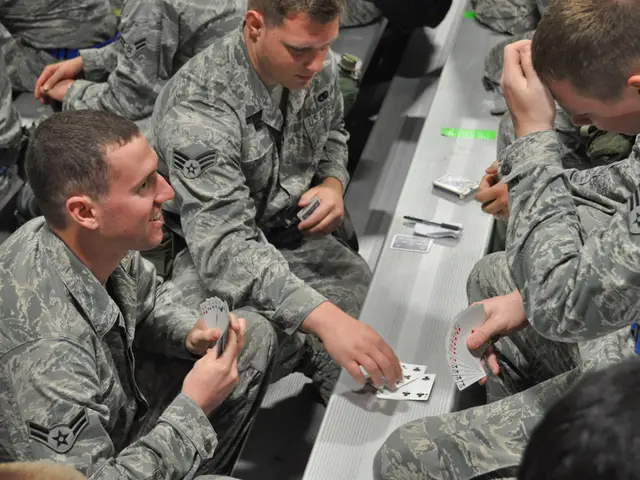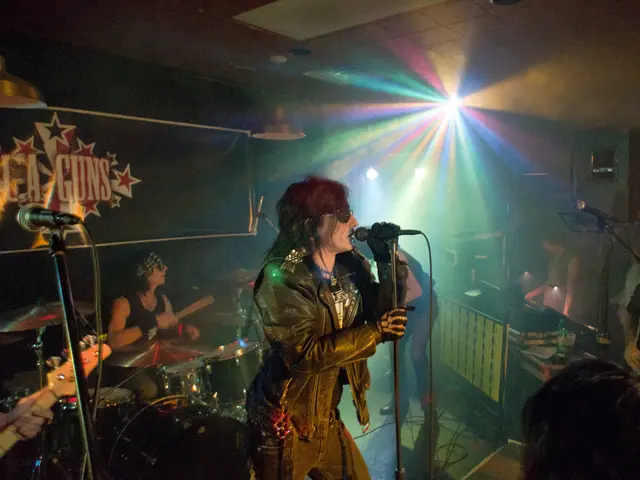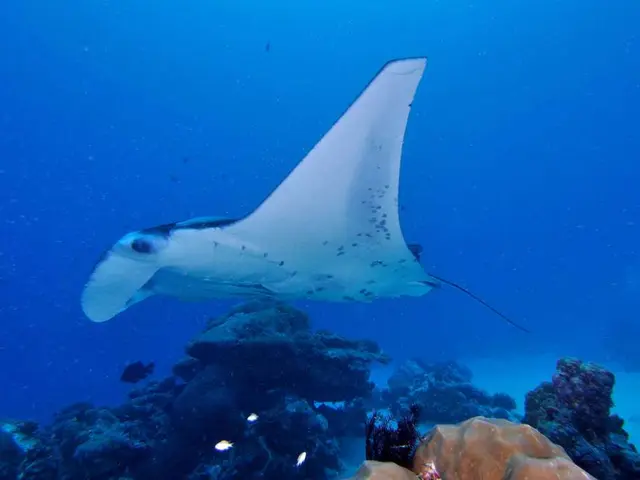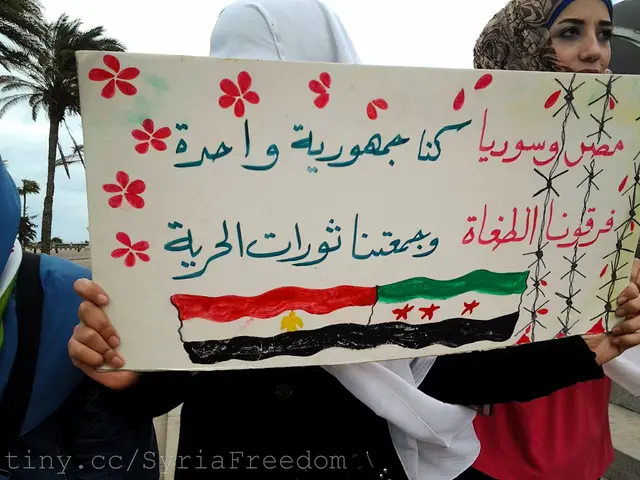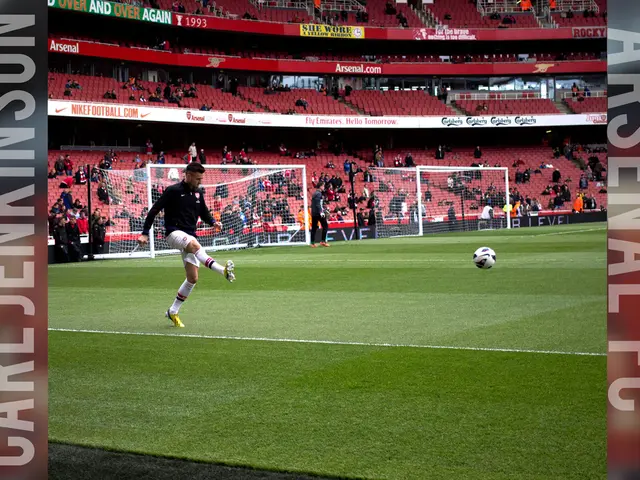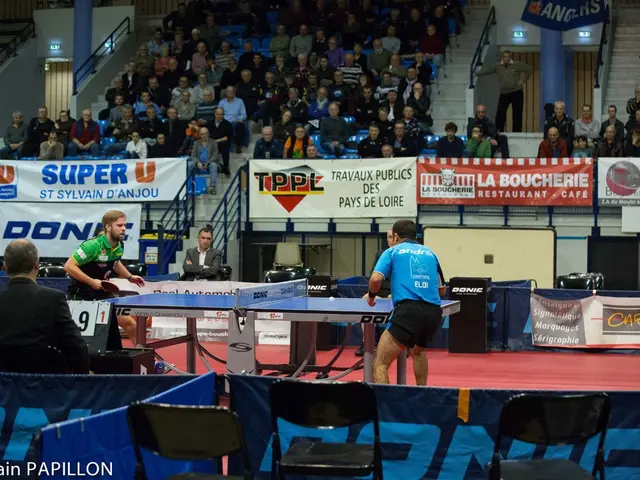Global harmony, United Nations role, worldwide safety and stability
The United Nations, fully operational for the first time in its history after the end of the Cold War, experienced a boom in peacekeeping operations. This period saw the evolution of UN peacekeeping operations in three phases, with the mission in Bosnia-Herzegovina and Sudan serving as notable examples.
In Bosnia-Herzegovina, the independence of the country was declared about a month later, following a series of conflicts between the Yugoslav People's Army and various paramilitary groups, with the Bosnian Serbs wanting to remain in the Yugoslav federation. The United Nations Protection Force (UNPROFOR) was deployed in response to these military conflicts, marking a central and well-known field of activity for the United Nations. However, UNPROFOR was not a combat mission and was neither authorized nor equipped for military interventions.
The siege of Sarajevo, which began in April 1992 and lasted almost four years, cost more than 10,000 lives. UNPROFOR secured the airport of Sarajevo during the siege to ensure humanitarian aid for the city and its surroundings. Despite its proclaimed neutrality, UNPROFOR's inability to intervene more strongly in local conflicts led to a change in the character of UN missions, with a mandate usually including robust military action.
The massacre in Srebrenica in July 1995 resulted in the deaths of at least 7,000 Muslim boys and men. The International Criminal Court charged 20 individuals for crimes in Srebrenica, including Slobodan Milošević and Radovan Karadžić. No proceedings were opened against the Dutch UN soldiers, but a civil court in The Hague found the Dutch state partially responsible for the deaths of 300 victims.
In Sudan, internal conflicts and wars have been fought along three major conflict lines since the 1970s. The start of oil production in Sudan in the 2000s provided the regime with a strong economic foundation, leading to conflicts between the regime, supported by the "Islamic Movement" and the military, and traditional political elites and civil society and democratic actors. The UN peacekeeping mission in Sudan, UNMISS, has been criticized for its shortcomings, including insufficient capacities in the deployment areas and in the UN headquarters in New York.
The close interconnection of peacekeeping and post-conflict peacebuilding is intended to signal that human rights are not possible without lasting security, and without security, a situation that is justifiable in terms of human rights cannot be established. The revised "peacebuilding" architecture, the heart of which is the coordinating and advisory body "Peacebuilding Commission" (PBC), is currently being revised to improve sustainable and comprehensive peace concepts that combine the primacy of the political with early prevention in societies affected by instability.
The UN finds itself in a dilemma when a veto from one or more permanent members prevents the UN from intervening with all its might, for example by deciding on binding global sanctions (due to the veto power). The reform of the Security Council has been discussed since the late 1990s due to the composition of the P5 not reflecting the power dynamics of the current international order.
Ensuring sustainable security means that all UN troops' capacities are exhausted between protecting civilian populations and building functional states, not to mention the continually decreasing UN budget that leaves little room for maneuver. The primacy of the political means that political decisions and goals take precedence over economic, legal, or social aspects and dominate in case of doubt. The goal of the United Nations is not to contain or freeze conflicts, but to permanently and sustainably eliminate the roots of the respective conflict and to identify "critical junctures" before conflicts break out.
The UN Charter assumes the "sovereign equality" of all member states, but the veto power allows a single permanent member to block the Council's decision on military enforcement measures. The division of roles between troop contributors and payers is a dominant bundle of shortcomings in UN peacekeeping, with troops consisting mainly of less developed states of South Asia and Africa.
Currently, China is a major contributor to the UN peacekeeping mission in South Sudan, having deployed peacekeepers there as part of its broader support for UN peace operations; other specific countries supporting the South Sudan mission are not explicitly listed in the available information, but it is known that multiple UN member states contribute troops and funds to this mission.
The question remains whether and for how long the UN will continue to be the linchpin of international security architecture. However, this question will not be decided in the UN headquarters in New York, but rather in the few powerful capitals of the world.
